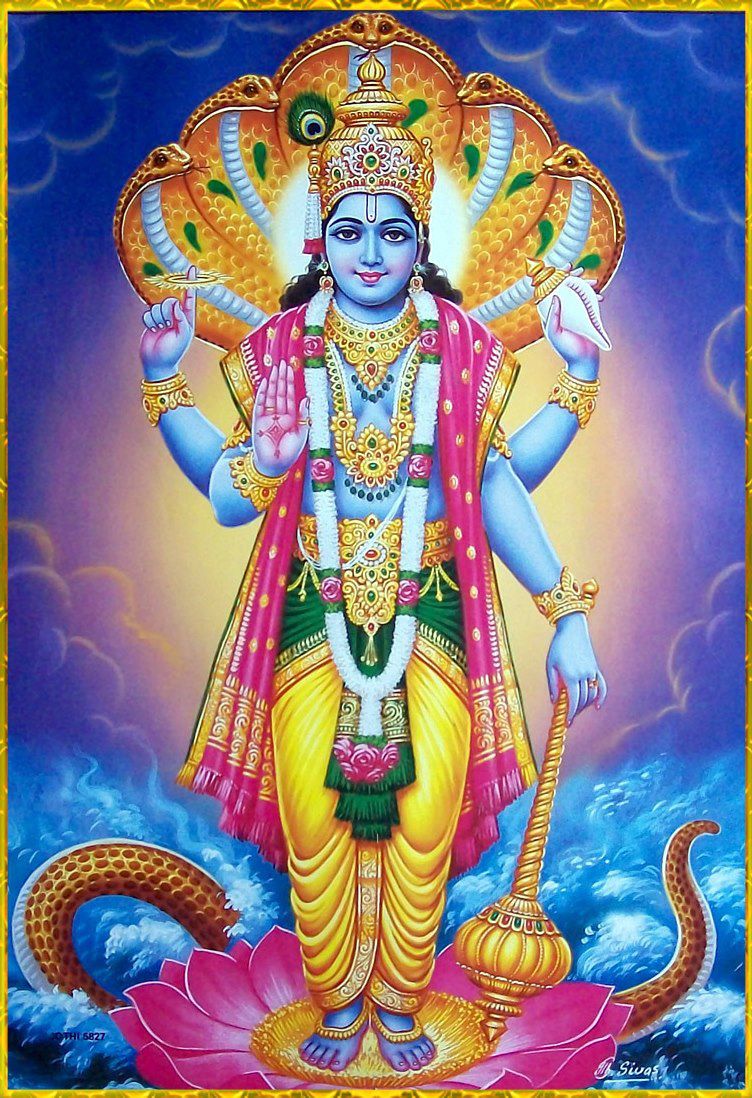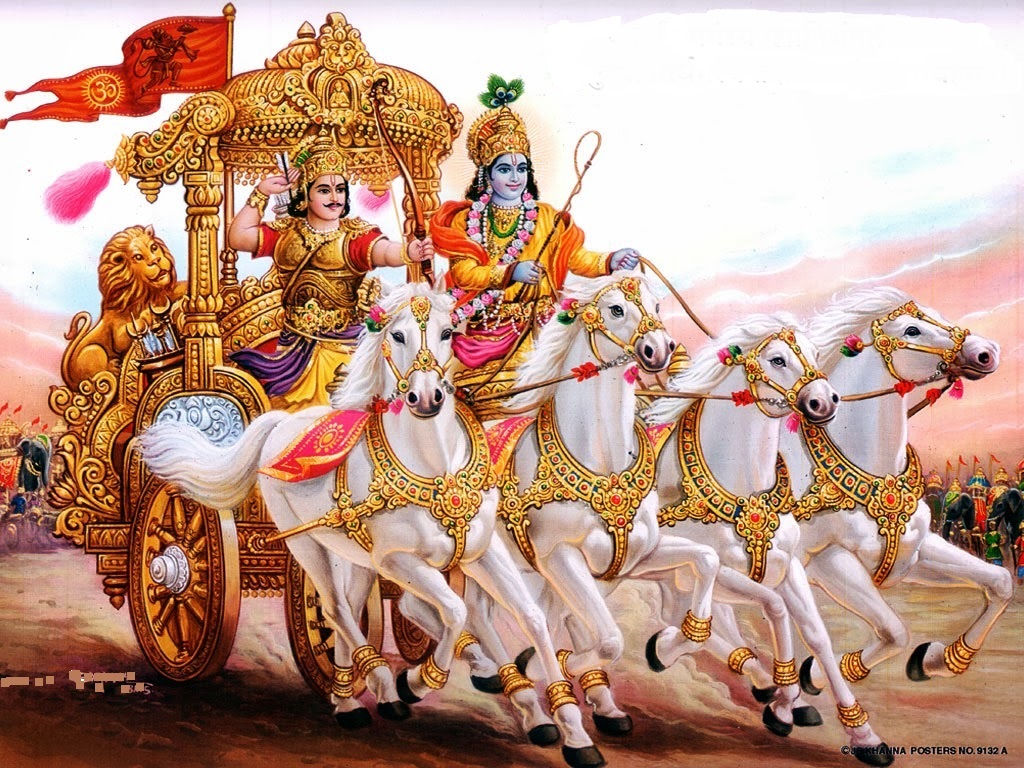The Relevance of the Bhagavadgita to Humanity 4.4 - Swami Krishnananda.
Friday 17, May 2024 07:00.
The Relevance of the Bhagavadgita to Humanity
The First Six Chapters of the Bhagavadgita:
Chapter 4: Stories from the Aranya Parva - 4
===================================================================================
Now, what is this mystery? When the soul is satisfied, the whole body is satisfied. Even when we take our breakfast, lunch or dinner, it is necessary that our soul should be satisfied. This is incidentally some instruction for every one of us, apart from the miracle aspect. We are not supposed to eat like animals, like dogs, just swallowing something crudely while thinking anything and saying anything, and then giving distress to the stomach. It is nothing of the kind. Unless your soul is satisfied, you have not eaten. There will be a satisfaction arising from the deepest recess of your being if the food that you have taken has been really received by the God inside you. If it has not so been received, you have not eaten. You will not get strength. It will not give you energy. It will only cause illness. Nowadays we have a disrespectful way of eating. There are many hotels and such places. It is an unsanctified way of eating because it is a commercial activity. Everywhere there is business, and eating is also a business. It should not be.
There is a beautiful illustration of this art of eating in the Vaishvanara Vidya of the Chhandogya Upanishad where we are told that eating is a sacrifice that you are performing to the great God that is within you. It is called prana agnihotra. It is outwardly performed by traditional Brahmins in India as an external sacrifice, but the real meaning is an internal oblation that is offered to the flames of fire in the form of the five pranas. These five pranas are like flames of fire that receive the oblation that you offer in the form of the food that you eat. Those who are traditionally oriented and instructed in the religious way of eating do not suddenly put the food in their mouth. They do a little ritual. That ritual is an outward gesture of their internal methodology of offering the food to the Atman inside. Pranaya svaha, apanaya svaha, vyanaya svaha, udanaya svaha, samanaya svaha. Five times it is offered with some little ritualistic procedure. The Vaishvanara Vidya mentions that when one prana is satisfied, everything connected with the prana is also satisfied. Then that aspect of the mind which is related to that prana is satisfied, and the divinity operating on that aspect of mental function is also satisfied. If the divinity is satisfied, that to which the divinity is connected is satisfied, the five elements are satisfied, and the universe is satisfied. You can imagine, if you eat, the universe is satisfied! So in our Indian custom there is a belief that feeding is a great religious ritual. We do not consider anything as more honourable in the way of charity than giving food – anna dhana. No charity is equal to giving food and drink, it is said. It is not just that you are thrusting some material into the stomach of some man. It is a holy act that you are performing.
So this incident in the Mahabharata, where a little leaf that was eaten by a mighty person like Krishna satisfied the stomachs of thousands of people, means he was universally commensurate with all the forces of nature. He was a master yogin, and so when something went in, it went to everybody. His prana was universally spread out, Hiranyagarbha prana, and that is the reason why we believe that the service done to a saint is greater than service done to millions of others. The satisfaction of one spiritual genius is to be considered as of greater value than the satisfaction of many animals and subhuman levels. It is good to give satisfaction to every living being. It is necessary. The Upanishad mentions that. In a very astonishing statement, the Brihadaranyaka Upanishad tells us we should not disturb even an ant moving in the house. This is one passage which touched me very much. Even an ant in the house we should not disturb. And if you do not disturb a living being, even an ant in your house, it will one day protect you in the same way as you have protected it. A day will come when a mouse will save a lion. No one believes that a mouse can save a lion.
Do you know the story of how a mouse saved a lion? A lion was caught in a net of a hunter and, without going into the details of it, a little mouse said, “I shall be of some help to you, if you do not harm me.”
The lion inside the net laughed, “You can help me, a little mouse?”
“I may be able to do something.” What did it do? It was waiting for the time when the hunter will come to catch the prey. Every day he used to come at a particular hour. So a few minutes before the time when the hunter was to arrive, the mouse started nibbling at that net, and cut all the knots, and the lion immediately ran out. So a mouse can save a lion.
*****
Continued









Comments